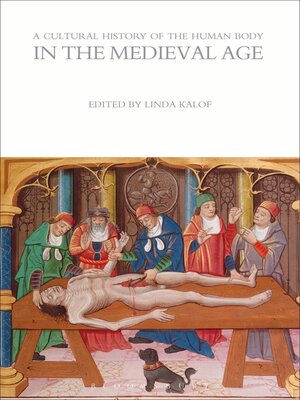A Cultural History of the Human Body in the Medieval Age
ebook ∣ The Cultural Histories Series
By Linda Kalof

Sign up to save your library
With an OverDrive account, you can save your favorite libraries for at-a-glance information about availability. Find out more about OverDrive accounts.
Find this title in Libby, the library reading app by OverDrive.



Search for a digital library with this title
Title found at these libraries:
| Library Name | Distance |
|---|---|
| Loading... |
The Christian, Jewish and Muslim communities of medieval Western Europe conceived of the human body in manifold ways. The body was not a fixed or unmalleable mass of flesh but an entity that changed its character depending on its age, its interactions with its environment and its diet. For example, a slave would have been marked by her language, her name, her religion or even by a sign burned onto her skin, not by her color alone.
Covering the period from 500 to 1500 and using sources that range across the full spectrum of medieval literary, scientific, medical and artistic production, this volume explores the rich variety of medieval views of both the real and the metaphorical body.
A Cultural History of the Human Body in the Medieval Age presents an overview of the period with essays on the centrality of the human body in birth and death, health and disease, sexuality, beauty and concepts of the ideal, bodies marked by gender, race, class and age, cultural representations and popular beliefs and the self and society.
Covering the period from 500 to 1500 and using sources that range across the full spectrum of medieval literary, scientific, medical and artistic production, this volume explores the rich variety of medieval views of both the real and the metaphorical body.
A Cultural History of the Human Body in the Medieval Age presents an overview of the period with essays on the centrality of the human body in birth and death, health and disease, sexuality, beauty and concepts of the ideal, bodies marked by gender, race, class and age, cultural representations and popular beliefs and the self and society.







